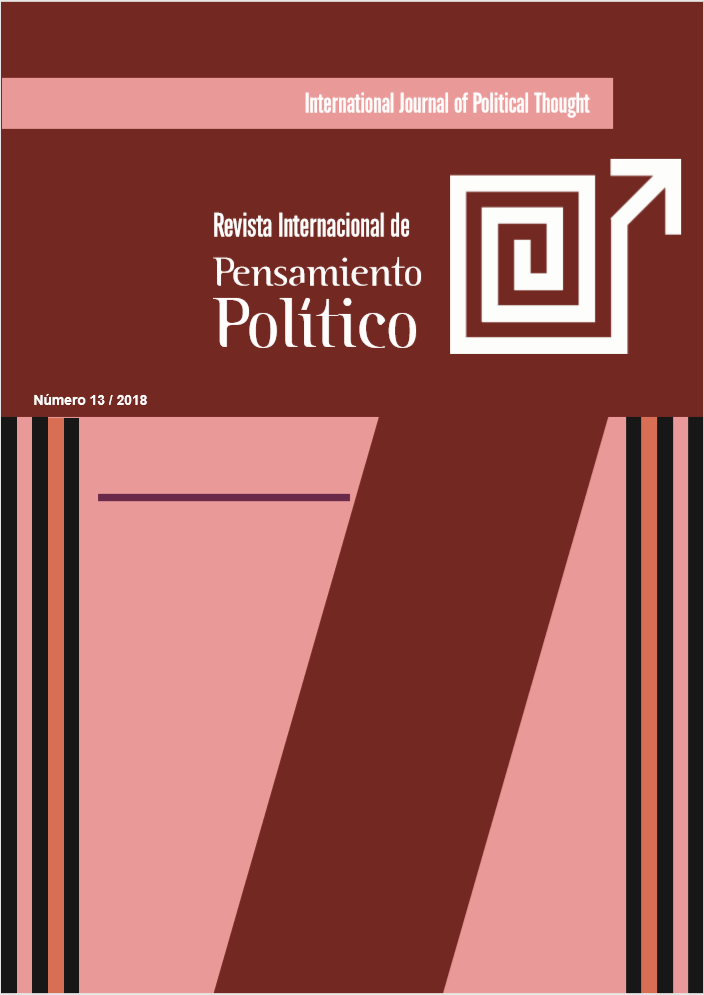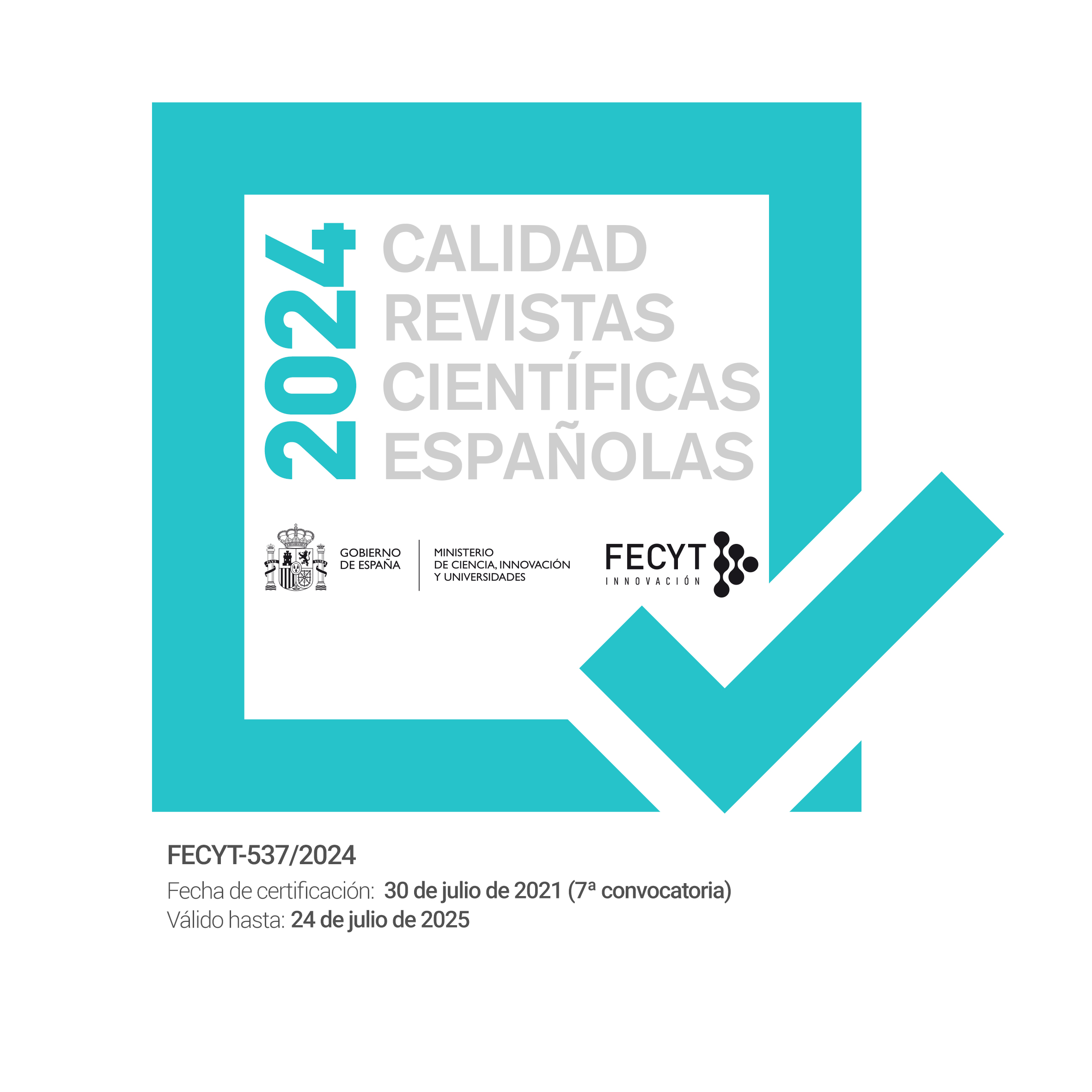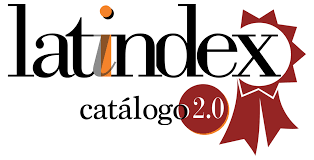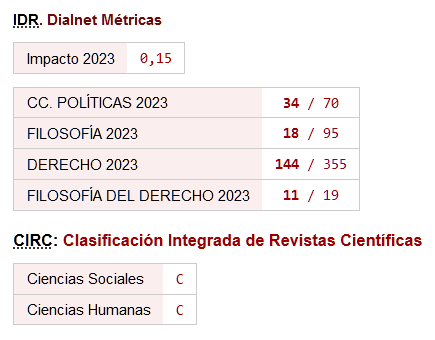El impacto de lo religioso sobre la práctica política en Marruecos: El caso de la alternancia
DOI:
https://doi.org/10.46661/revintpensampolit.4084Palabras clave:
Hassan II, Alternancia, Religión, Legitimidad, Particularismo, Consenso, Partidos políticosResumen
La cultura del consenso, peculiaridad propia de la cultura política marroquí fruto de la conciliación entre dos tipos de legitimidades diametralmente opuestas (religiosa y laica), va a dar a los diferentes conceptos e instrumentos de la práctica política y del ejercicio del poder una connotación propia y singular en relación con los conocidos conceptos tanto en ciencia política y en derecho constitucional por un lado, como en la práctica política de los países occidentales del otro: separación de poderes, monarquía parlamentaria, constitución, partidos políticos, elecciones, oposición… etc. La alternancia de su lado no escapará a esta norma fundadora de la especificidad de la excepción marroquí.
Descargas
Citas
Hassan II, in "Le Point", n° 1064, Rabat, 6-13/02/1993
Hassan II, Entrevista en el periódico “Le Monde” el 02/09/1992, en Discursos y entrevistas de S.M. Hassan II, Ministerio de la Información, 1992/1993, Rabat, pp. 116-125.
Khalid, J. "Les difficultés de la constitution d’une démocratie”, La vie économique, Casablanca, novembre 1995, p. 15.
Rousset, M., Le Maroc 1972-1992, une constitution immuable ou changeante ?”, MaghrebMachrek, n° 137, Paris, Juillet-Septembre, 1992, p. 20.
Laterbury. J., "Et si le Maroc devenait la Suède ?”, Le partenaire, n° 25/26 du 20/01 au 19/02, 1997, p. 16 y ss.
López Garcia (B.), Le Makhzen, la amma et l’arbitre au Maroc: Administration et société civile aux élections locales et législatives 1992-1993, A.A.N, Paris, Editions du CNRS, 1992, p. 420.
Descargas
Publicado
Cómo citar
Número
Sección
Licencia

Esta obra está bajo una licencia internacional Creative Commons Atribución-NoComercial-CompartirIgual 4.0.
Política de acceso abierto
Se permite el acceso libre y abierto de cualquier interesado a todos los contenidos de los números de la revista, sin costo alguno, pudiendo imprimir y trasladar todos los artículos, con la única condición de precisar la fuente y la autoría.
La revista: a) no cobra a las autorías costes por el procesamiento de los artículos ni por el envío de los mismos, b) mantiene el copyright para los autores sin restricciones, c) facilita a los autores conservar sus derechos de publicación sin limitaciones.
La Revista Internacional de Pensamiento Político es una obra original del Laboratorio de Ideas y Prácticas Políticas de la Universidad Pablo de Olavide. Todos los artículos incluidos en la Revista son obra original de sus respectivas autorías. Esta Revista se ofrece libremente a la comunidad científica y académica sin coste alguno y libera los contenidos de acuerdo a la licencia "Reconocimiento-NoComercial-CompartirIgual 4.0 CC BY-NC-SA" del proyecto Creative Commons dispuesta en la siguiente url: https://creativecommons.org/licenses/by-nc-sa/4.0/legalcode
Si deseas traducir o compilar alguno de los artículos aquí disponibles, por favor, ponte en contacto














